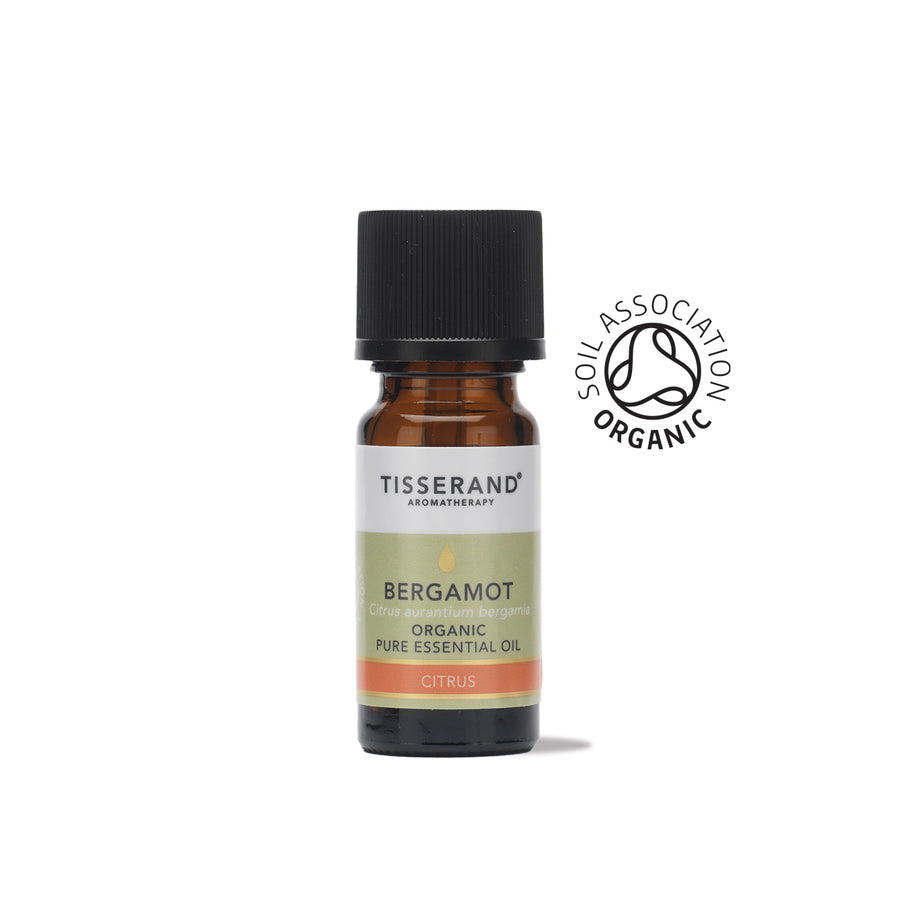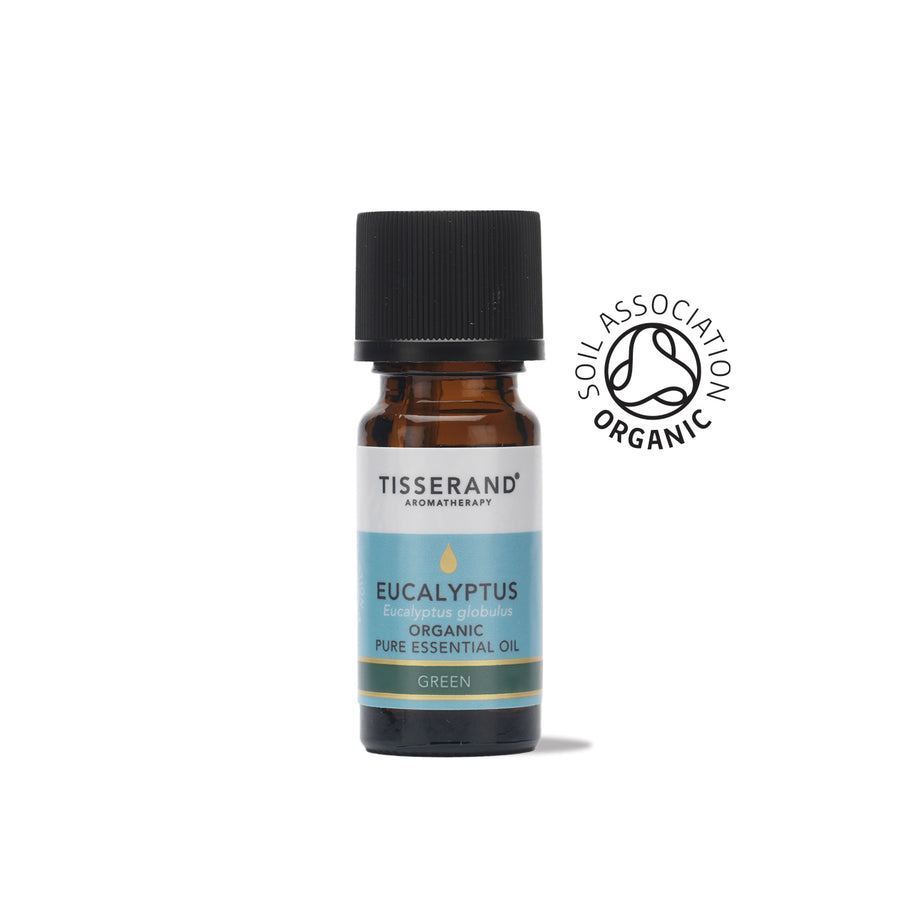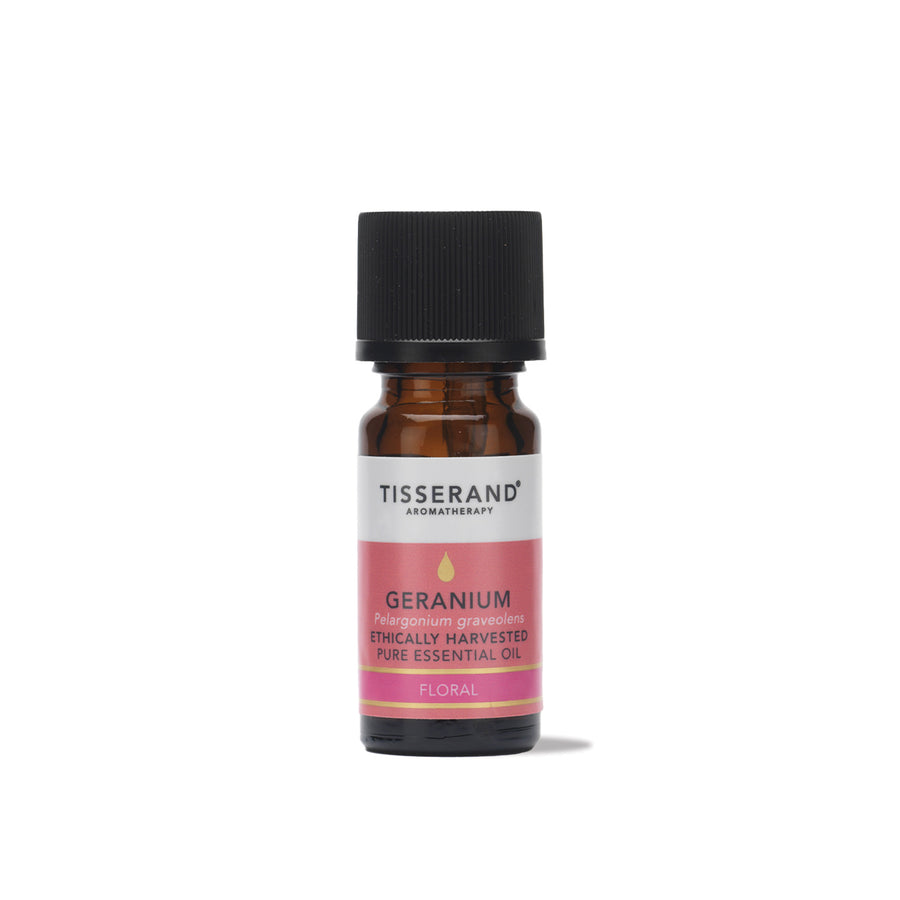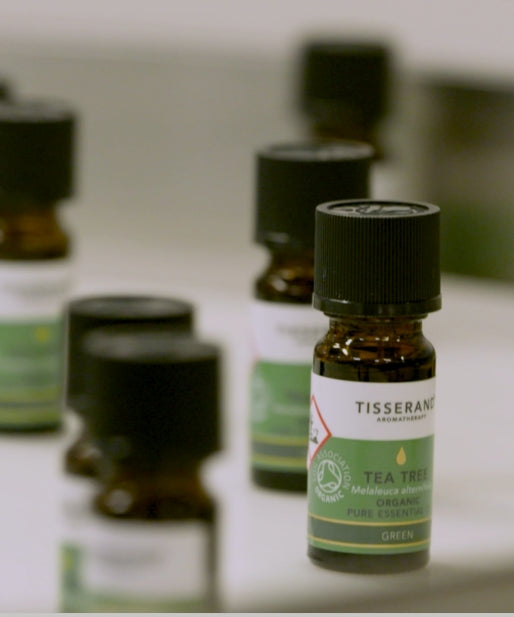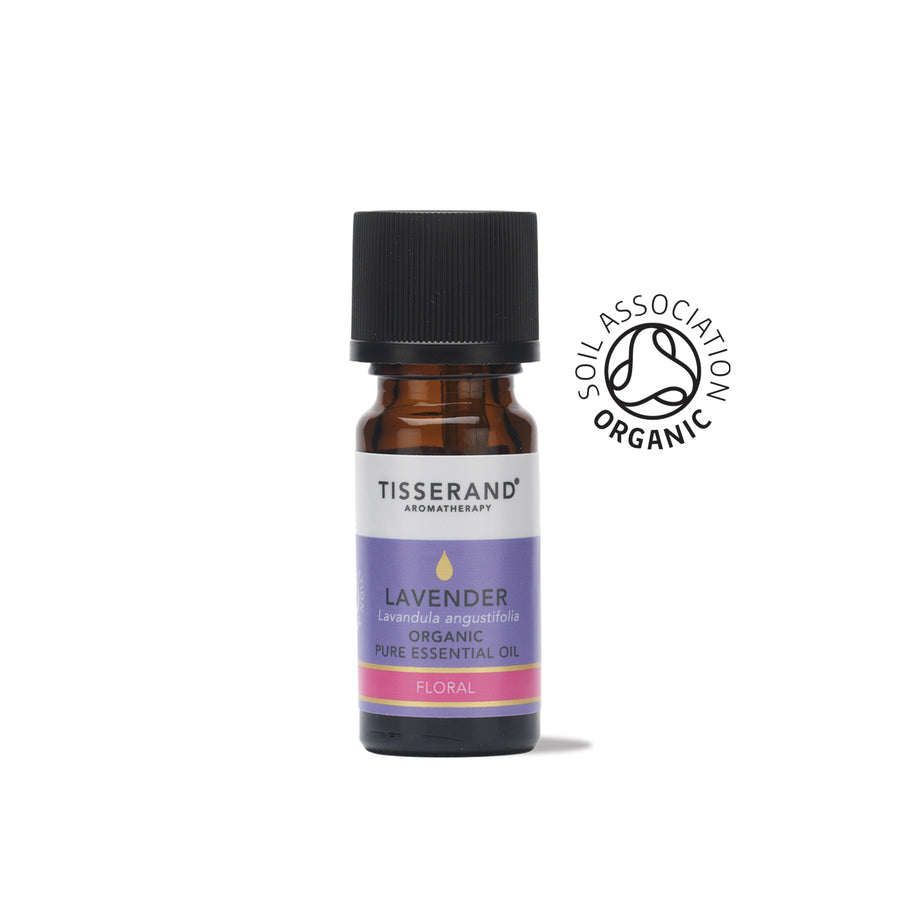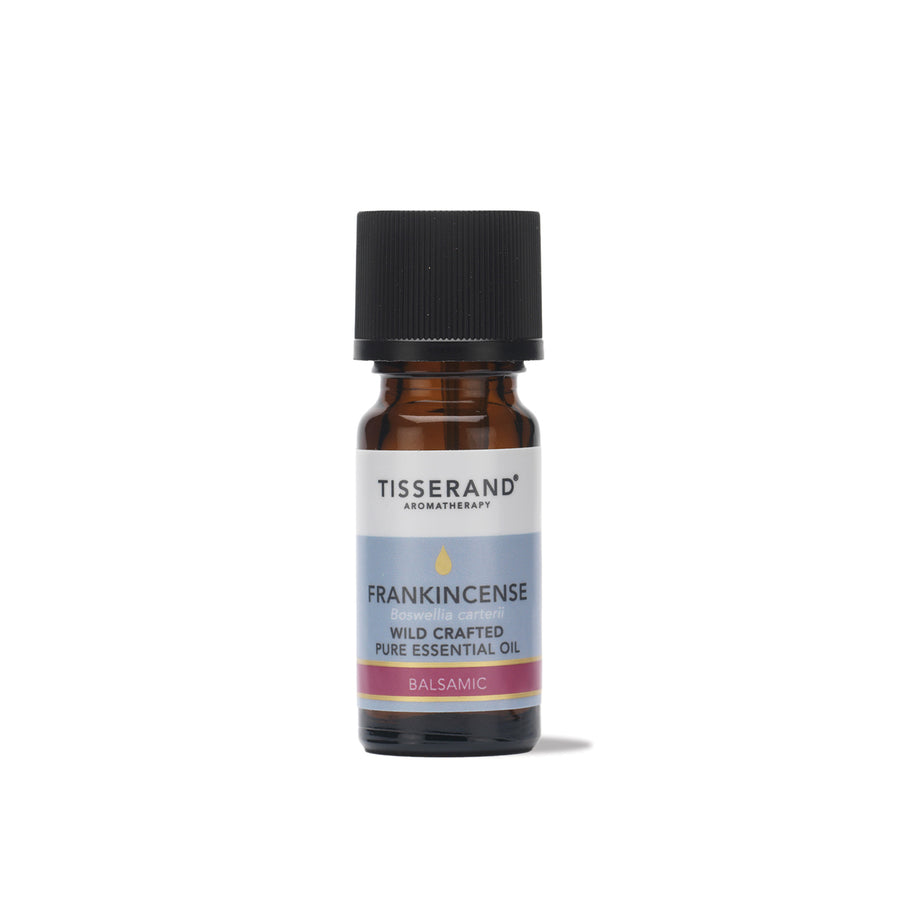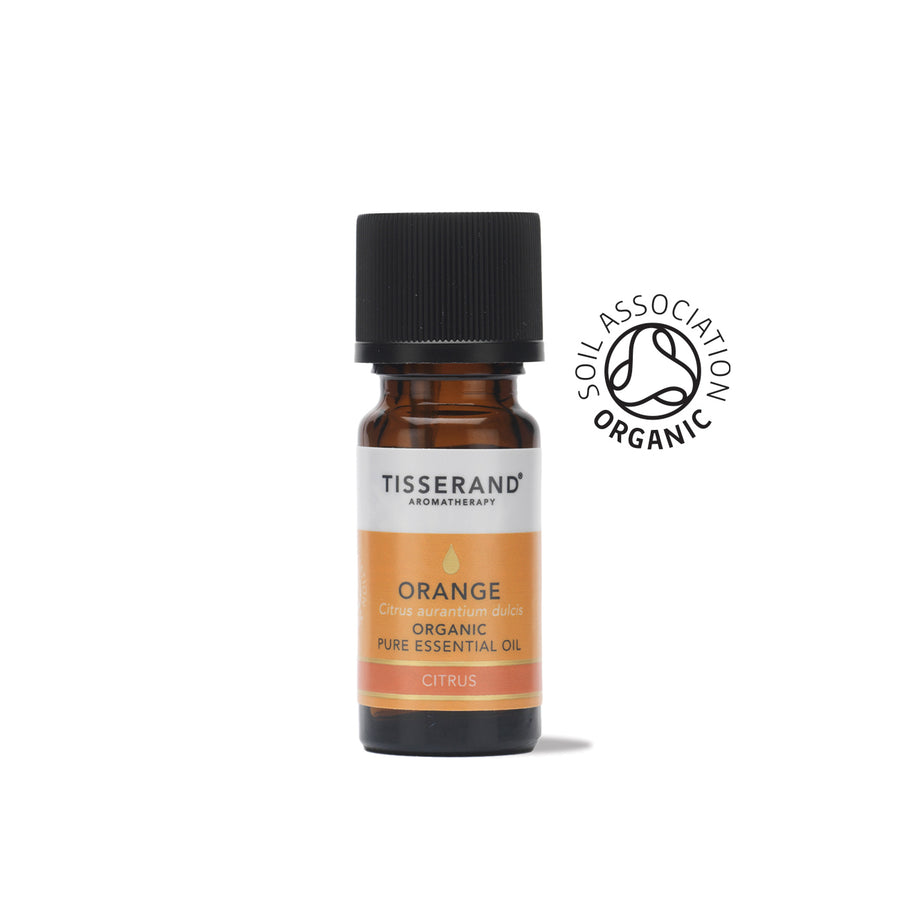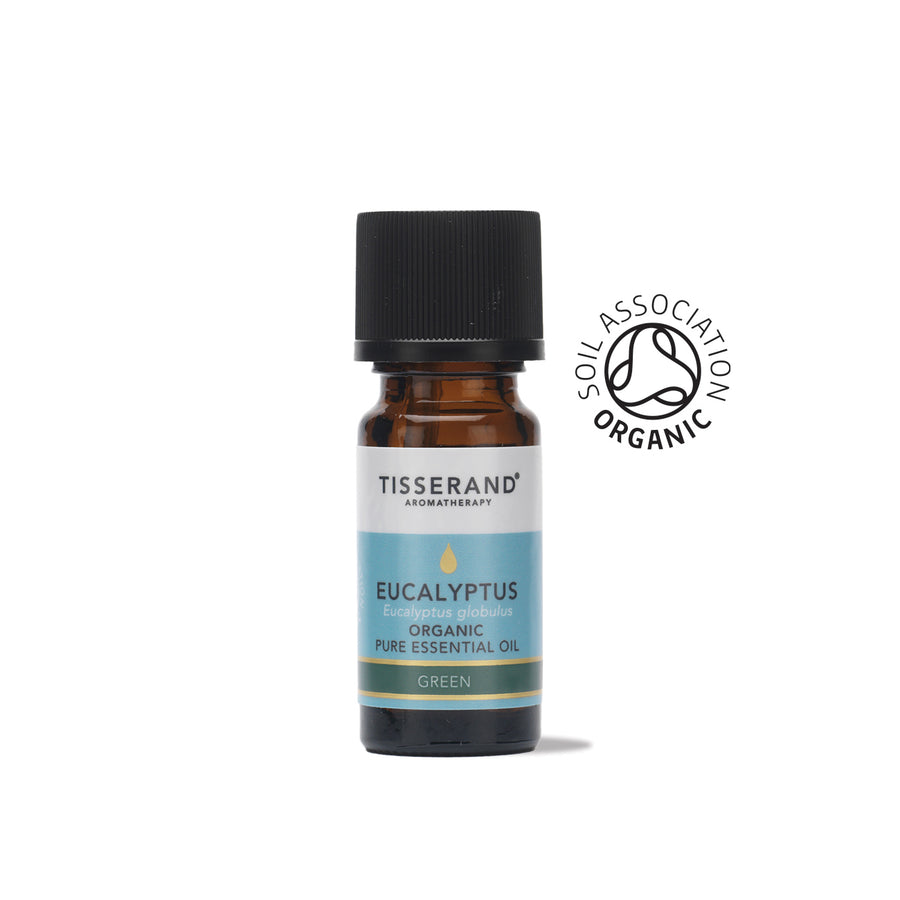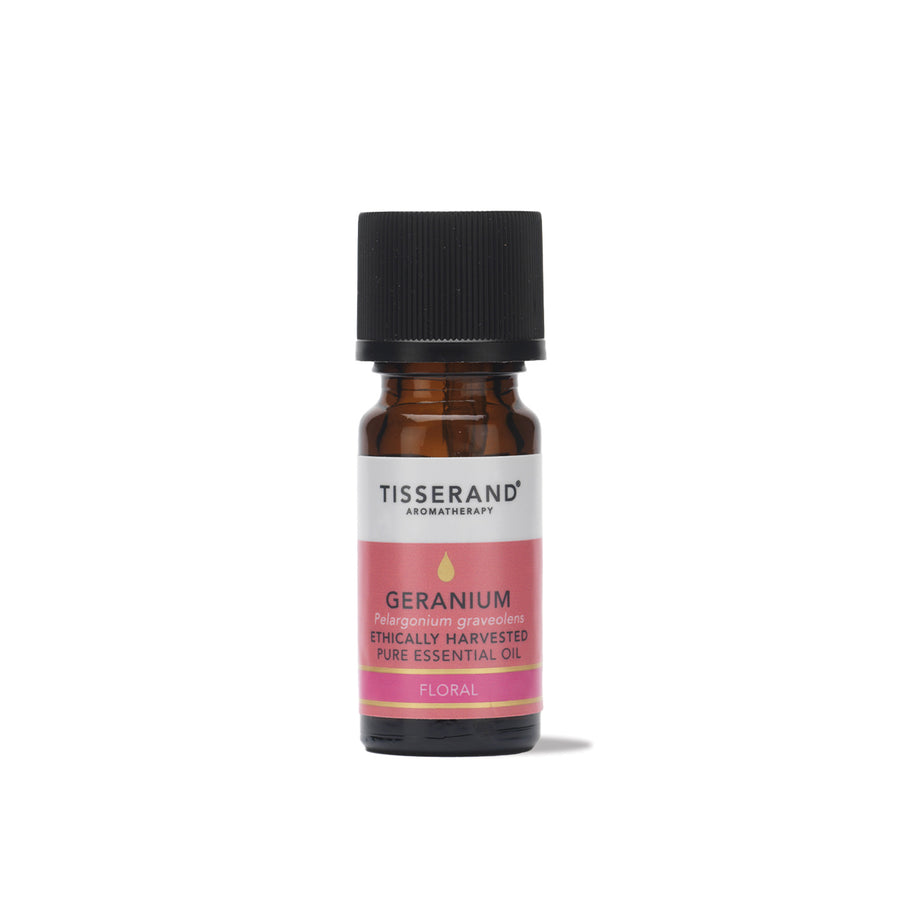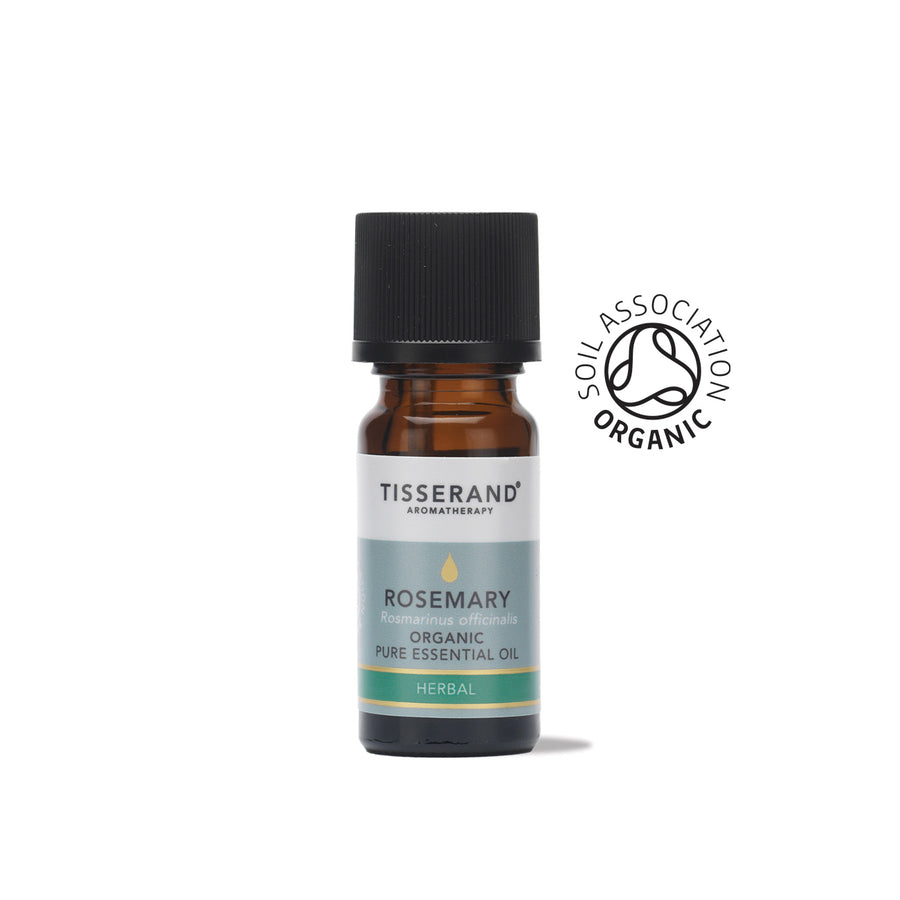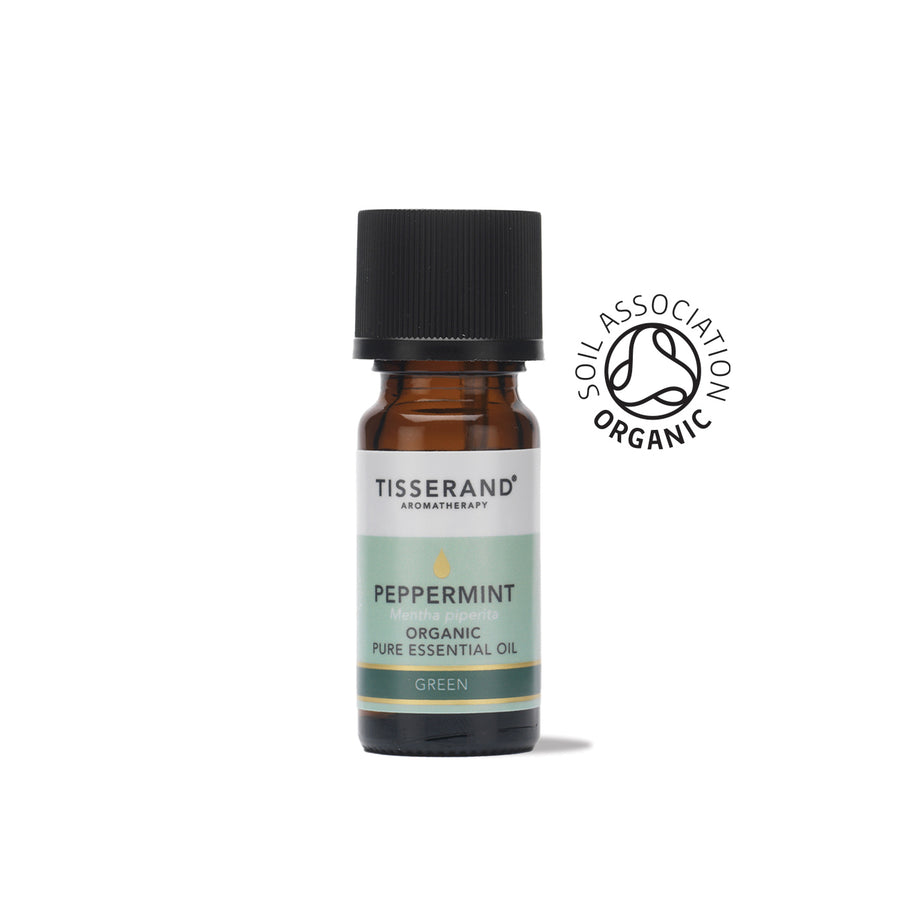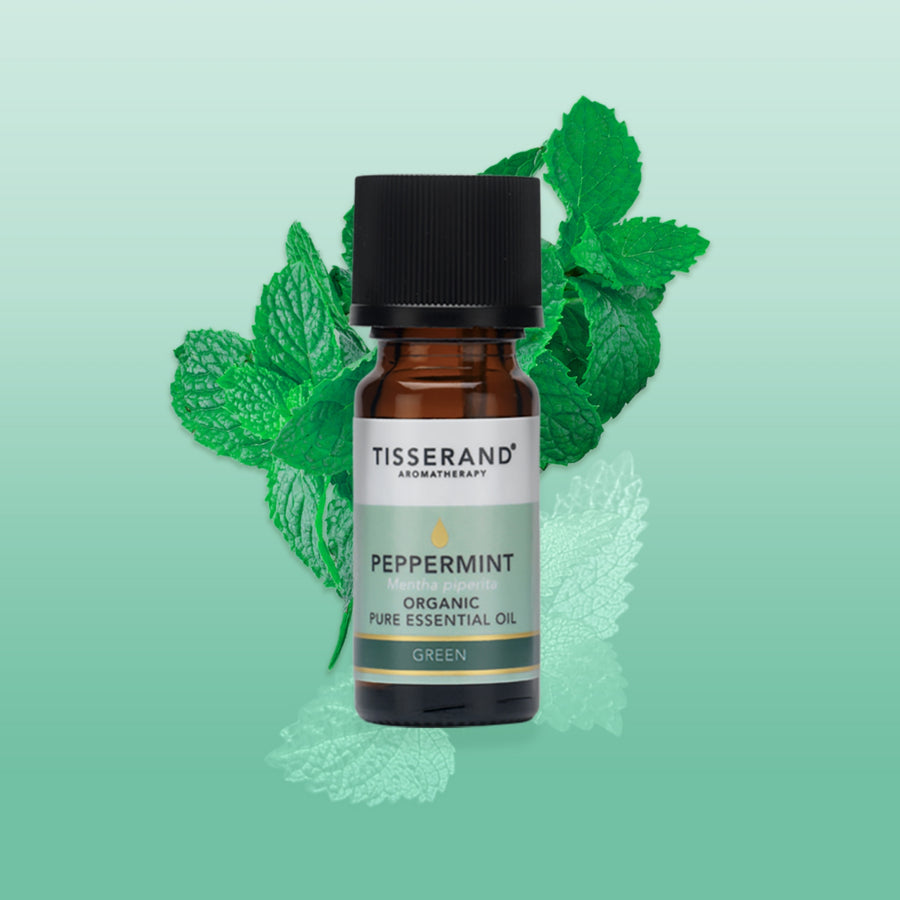Can Menopause Affect Your Gut Health?

Research suggests menopause may disrupt your gut health - Discover tips to maintain healthy digestion during this transitional period.
Menopause can mess with a lot of things: your sleep, your emotions, your weight…but what about your gut health? Gut health has been given a lot of attention lately, and rightly so. A healthy gut improves your absorption of nutrients, your immune system, and even your brain health and mood. But equally, it can easily be thrown of balance when changes occur in your routine, your emotions, or your body.
Some studies suggest that THE change - menopause - affects your gut microbes, too. Research is still in its early stages, and there’s still so much we don’t know about gut health and menopause, but it’s evident that there’s a link between gut bacteria and women’s changing hormones. In this post, we’ll explore the connection and share some tips to help support your digestive wellbeing during this time.
How menopause affects your gut health
Many of the symptoms we associate with menopause - like weight gain and sleep and mood disruption - are similar to the symptoms associated with poor gut health, prompting the question if the two are connecting, and how?
A 2021 study that explored potential correlation, suggests that menopause alters the gut microbiome, which may contributes to metabolic changes such as increased body fat and insulin resistance in menopausal women.
Another study looked at how changes in the gut bacteria might affect the risk of getting endometrial cancer. While there’s no clear proof yet, it did find that factors like menopause and obesity could mess up the balance of gut bacteria, making it less diverse. This imbalance might also lead to more inflammation in the body.
On the flipside, this study found that when the gut bacteria is out of balance, it can lead to lower levels of active estrogen, which may contribute to conditions like obesity, cancer, and cognitive issues in post-menopausal women. It suggests that improving your gut health can help manage these estrogen-related health problems.
It’s also well established that certain bacteria in your gut can help produce neurotransmitters, such as serotonin, which helps regulate your mood - since your mood is likely all over the place during menopause, caring for your gut health might help!
How to improve your gut health in menopause
Eat gut-friendly foods
The most obvious way to improve your gut health is to feed it the food it likes. This includes:
- Plant-based foods that are rich in fibre, like berries, broccoli, oats, and quinoa.
- Probiotic and fermented foods like yogurt, kefir, kombucha, sauerkraut, kimchi, and miso.
- Pre-biotic foods like barely ripe bananas, asparagus, apples, and legumes.
- Manage your stress levels
When we’re stressed we enter a ‘fight and flight’ state which releases stress hormones that can temporarily suppress digestive processes such as the production of digestive enzymes.
This is fine, if we’re then able to return to our “rest and digest” state. It’s when the stress sticks around our gut health gets thrown out of balance.
To help balance your emotions, try incorporating relaxing routines into your day, such as mindfulness meditation, journaling, and walk with a friend. You can also explore our Real Calm or Total De-Stress wellbeing range for daily wellbeing rituals and visit our De-Stress Retreat for tips.
Try this Aromatherapy blend
Patchouli has been found to be calming for the digestive system, particulary for anxiety-related issues, and you can use it in this blend to help soothe a stressed tummy.⠀⠀⠀⠀⠀⠀⠀
Measure 10 ml of Sweet Almond blending oil and add the following:
- 2 drops of Patchouli Pogostemon Cablin
- 2 drops of Coriander Seed Coriandrum sativum
- 1 drop of Petitgrain Citrus aurantium
Massage this blend over your abdomen clockwise around your naval to help soothe a stressed tummy.⠀
And, as always, remember to consult a medical professional if the symptoms are greatly affecting your daily life!







